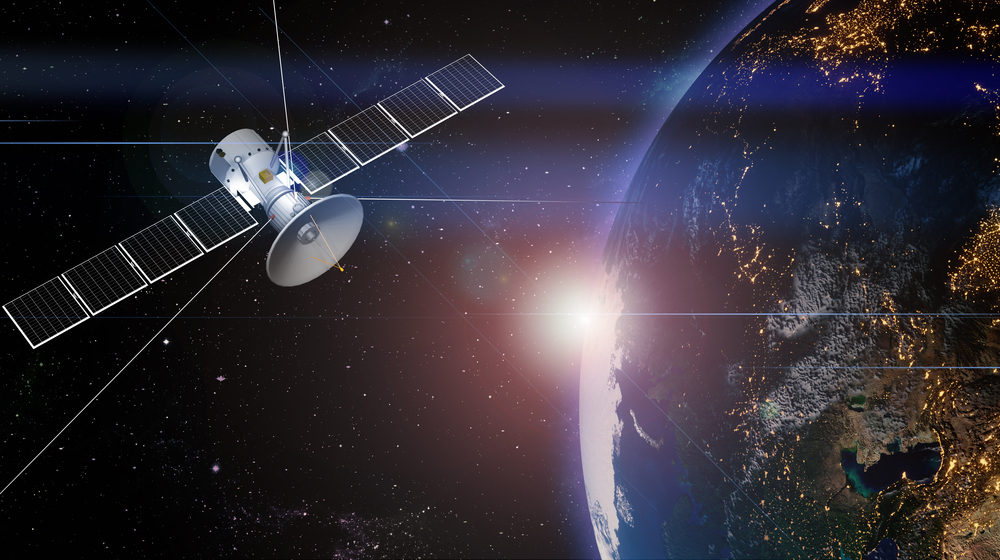Five major international satellite internet providers, One Web (Utilist Group), are ready to start offering services in Pakistan, Amazon’s project Cooper, Space Cell (SSST), Star Link, and Telees, Pakistan.
These companies have shown a strong interest in investing millions of dollars in providing high -speed satellite broadbands across the country, especially in low and remote areas.
Despite their preparations, satellite internet services in Pakistan have been launched in the bureaucratic limb.
Sources told proposal that various federal agencies are creating obstacles, and that companies are preventing investment and working plans. Although the IT and Telecom ministry are expected to convenience this process, it seems powerless to resolve the stopping the interruption, which is delaying the approval and policy explanation.
The registration process for the five companies is allegedly delayed due to the slow pace of the Pakistan Space Activities Regulatory Board (PSARB), which is the central authority, which has been assigned the space licensing monitoring. In addition, the regulatory framework required for government satellite internet services is yet to be finalized.
As a result, the Prime Minister’s “Digital Pakistan” vision is facing significant shock, which is now at risk of further delay with key digital contacts and infrastructure goals.
Industry insiders have warned that if the regulatory framework is not finalized soon, the trade launch of satellite internet services can also be thoroughly postponed by the government’s timeline. Federal IT Minister Shaza Fatima had earlier claimed that services would start by November or December 2025, but the lack of legal framework now threatens the schedule.
PSARB officials have confirmed that a regulatory framework has been drafted and stakeholder consultation is underway, but more time is needed for formal approval.
The delay comes at a critical time, as Pakistan has recently taken key steps to open its space sector. In December 2023, the country approved its first national space policy, and in February 2024, the rules of Pakistan space activities were introduced, which formed PSARB to organize the sector.
These developments are expected to pay private and international satellite operators to enter Pakistan’s market. However, now there is a risk of developing disciplinary barriers, which delays access to both foreign investment and high -speed satellite Internet, which can support national change.

